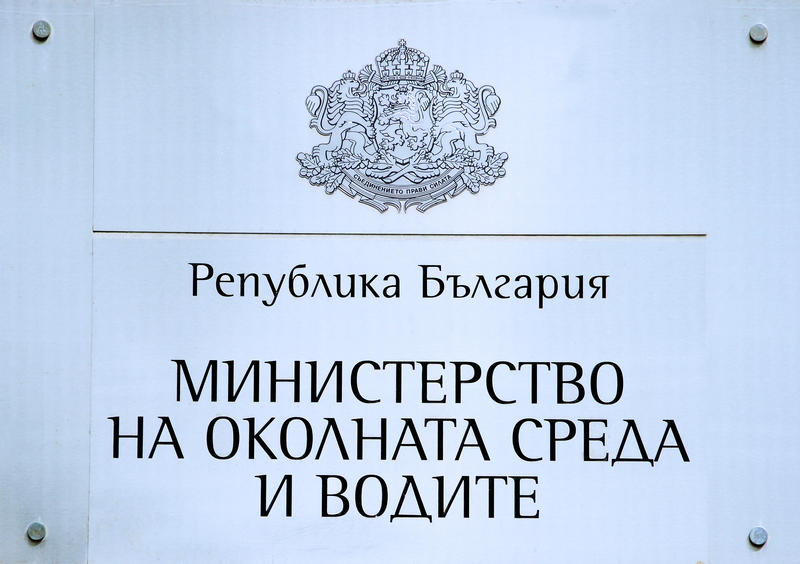Termination of five infringement procedures in the environmental sector depends on the priority adoption of three legislative bills by the 47th National Assembly
02 Dec, 2021 | 11:19Within the term in office of the caretaker government, the MOEW has drafted three legislative bills that have also been adopted by the Council of Ministers in early November. The priority consideration of these bills by the 47th National Assembly will lead to the termination by the EC of five infringement procedures in the environmental sector.
With the adoption of the Law amending the Law on Environmental Protection, the discrepancies in the transposition provisions of three directives - on EIA, on industrial emissions, and regarding Seveso - will be addressed. Once the 47th National Assembly is convened, the bill will be submitted for consideration by the MPs. The successful termination of the three ongoing infringement procedures, which are currently at the stage of reasoned opinion, depends on its priority adoption - this is the last stage of the pre-trial phase before a referral to the Court of Justice of the EU.
In early November, the Council of Ministers also adopted two bills amending the Genetically Modified Organisms Act and the Biodiversity Act, introducing a new approach to the management of protected areas within the “Natura 2000” ecological network. With its decision, the Council of Ministers instructs the Prime Minister to propose to the 47th National Assembly, once convened, to consider, discuss, and adopt the two bills as a priority, which will overcome the legislative weaknesses identified by the EC within two ongoing infringement procedures – respectively regarding issuing decisions on projects in “Natura 2000” sites, which is at the stage of reasoned opinion, and the declaration of protected areas and definition of specific conservation measures, which is in the court phase.
According to the European Commission, there is a systemic and structural problem at both regional and national level, as the Bulgarian authorities do not take into consideration the so-called cumulative effect. In order to overcome the problem, the caretaker government undertook to develop amendments to the Ordinance on the terms and conditions for assessing the compatibility of plans, programs, projects, and investment proposals with the subject and objectives of the protection of protected areas, which went through public consultation in the fall of this year. The adoption of the necessary amendments to the Ordinance is included in the agenda for the meeting of the caretaker government on December 1 this year.
Information about the current infringement procedures in the field of environment as of November 29 can be found HERE.
